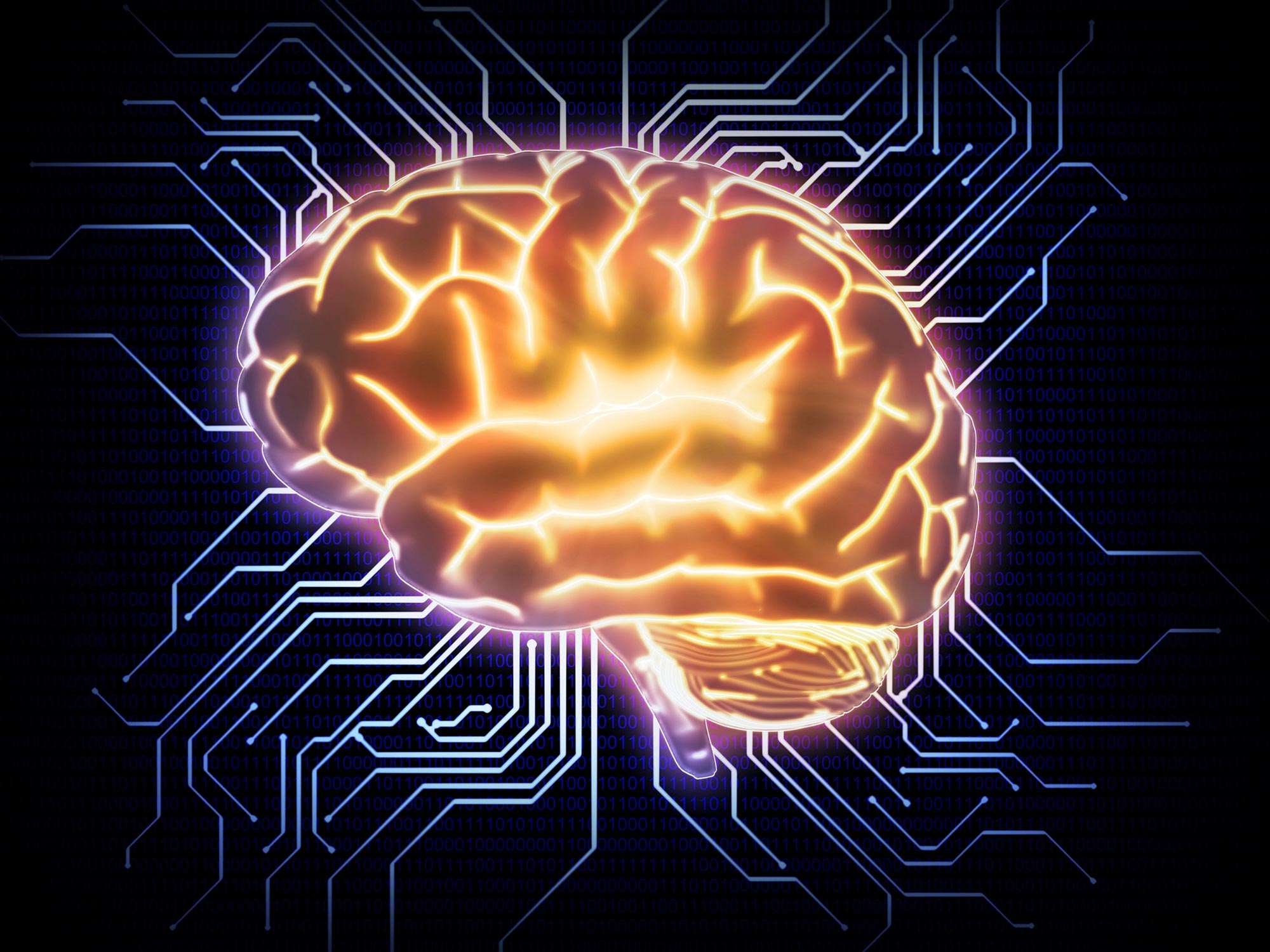
AI’s Leap into Brain-Inspired ComputingAI’s Leap into Brain-Inspired Computing Artificial intelligence (AI) has made significant advancements in recent years, revolutionizing various industries. However, a critical frontier yet to be fully explored is the development of AI systems that mimic the computational capabilities of the human brain. This approach, known as brain-inspired computing, holds immense promise for unlocking new possibilities in AI. Limitations of Traditional AI Traditional AI approaches, based on deep learning and neural networks, have exhibited remarkable performance in tasks such as image recognition and natural language processing. However, these systems typically lack the flexibility, adaptability, and energy efficiency of the human brain. They are prone to overfitting, require vast amounts of training data, and consume excessive computational resources. Enter Brain-Inspired Computing Brain-inspired computing seeks to address these limitations by drawing inspiration from the biological structure and computational principles of the human brain. Instead of relying solely on artificial neural networks, researchers are exploring novel architectures and algorithms that mimic the brain’s ability to: * Learn incrementally and adapt rapidly: The brain continually updates its knowledge based on new experiences, making it highly adaptive to changing environments. Brain-inspired systems aim to replicate this capability. * Consume less energy: The human brain is remarkably energy efficient, consuming only a fraction of the power used by traditional AI systems. Researchers are developing low-power hardware and algorithms inspired by the brain’s neural dynamics. * Handle complex and ambiguous information: The brain excels at interpreting and making sense of complex, ambiguous, and often incomplete information. Brain-inspired computing approaches seek to endow AI systems with similar capabilities. Applications and Benefits Brain-inspired computing has the potential to revolutionize a wide range of applications, including: * Autonomous systems: Self-driving cars and drones could become more adaptive and efficient with brain-inspired algorithms. * Personalized healthcare: AI systems could provide personalized treatments and diagnostics by mimicking the brain’s ability to learn from patient-specific data. * Smart cities: Brain-inspired computing could optimize traffic flow, energy consumption, and other aspects of urban infrastructure. * Brain-machine interfaces: Systems that bridge the gap between human brains and computers could be made more reliable and intuitive. Challenges and Future Directions While brain-inspired computing offers immense promise, several challenges remain to be addressed: * Understanding the brain: Our understanding of the human brain is far from complete. Researchers need to continue unraveling the brain’s computational mechanisms to guide the development of brain-inspired systems. * Hardware limitations: Current hardware technologies struggle to match the brain’s energy efficiency and processing power. Novel architectures and materials are required to overcome these limitations. * Software algorithms: Developing robust and scalable algorithms that can effectively mimic brain functions is a complex endeavor that requires further research. As research in brain-inspired computing continues to advance, we can expect to witness transformative breakthroughs in AI capabilities. By harnessing the computational principles of the human brain, AI systems will become more efficient, adaptable, and intelligent, unlocking a new era of technological possibilities.
Posted inNews